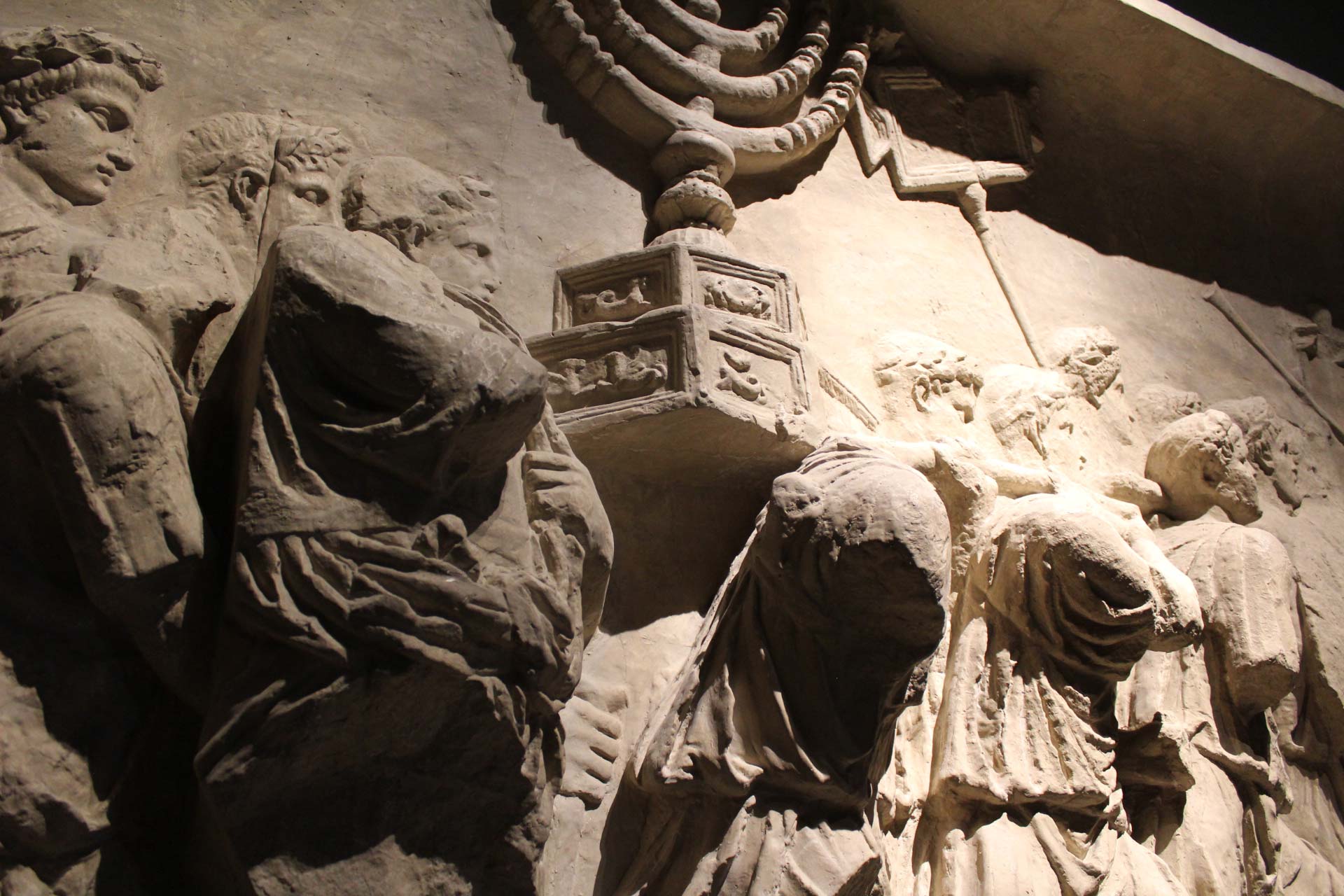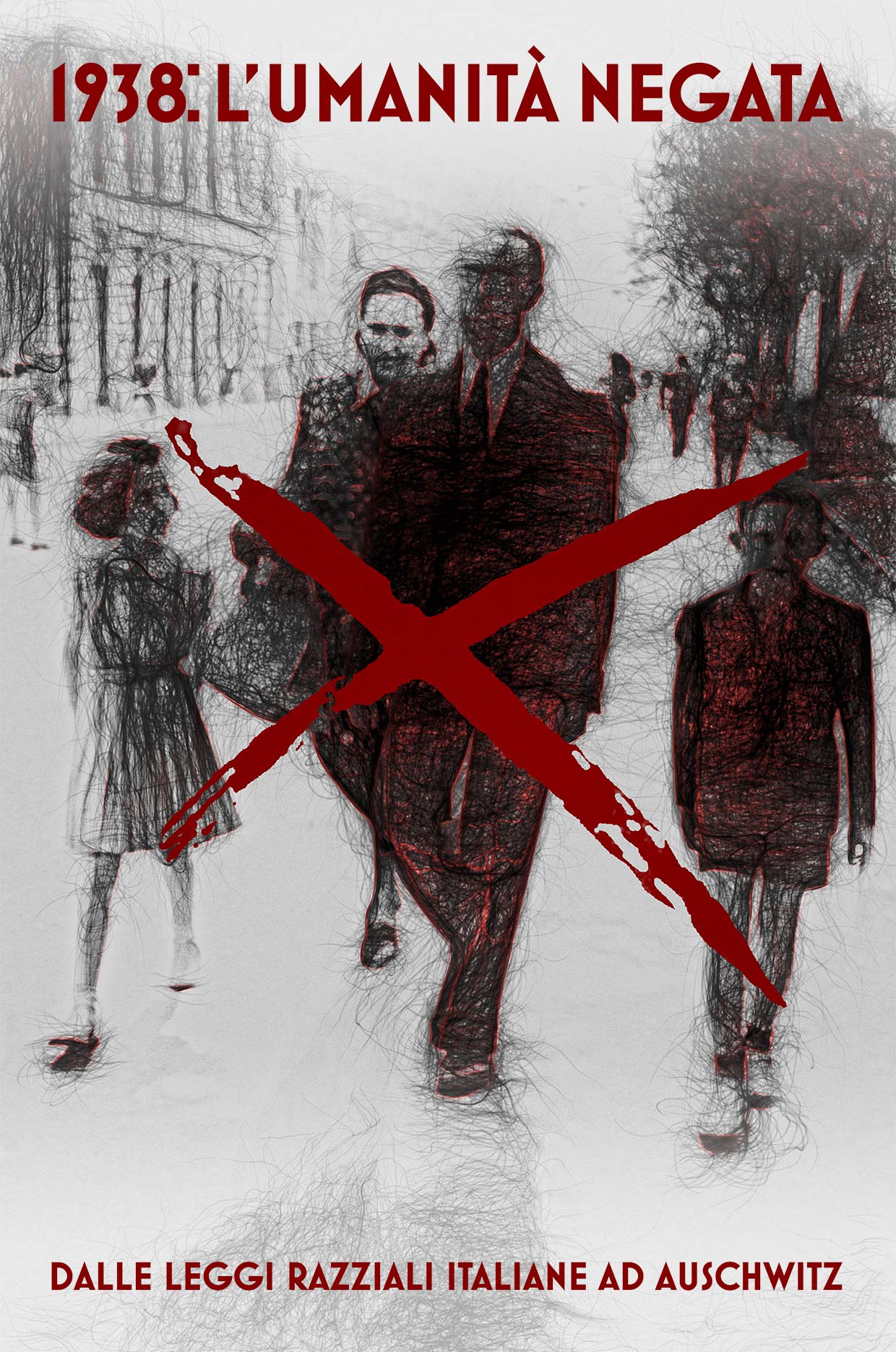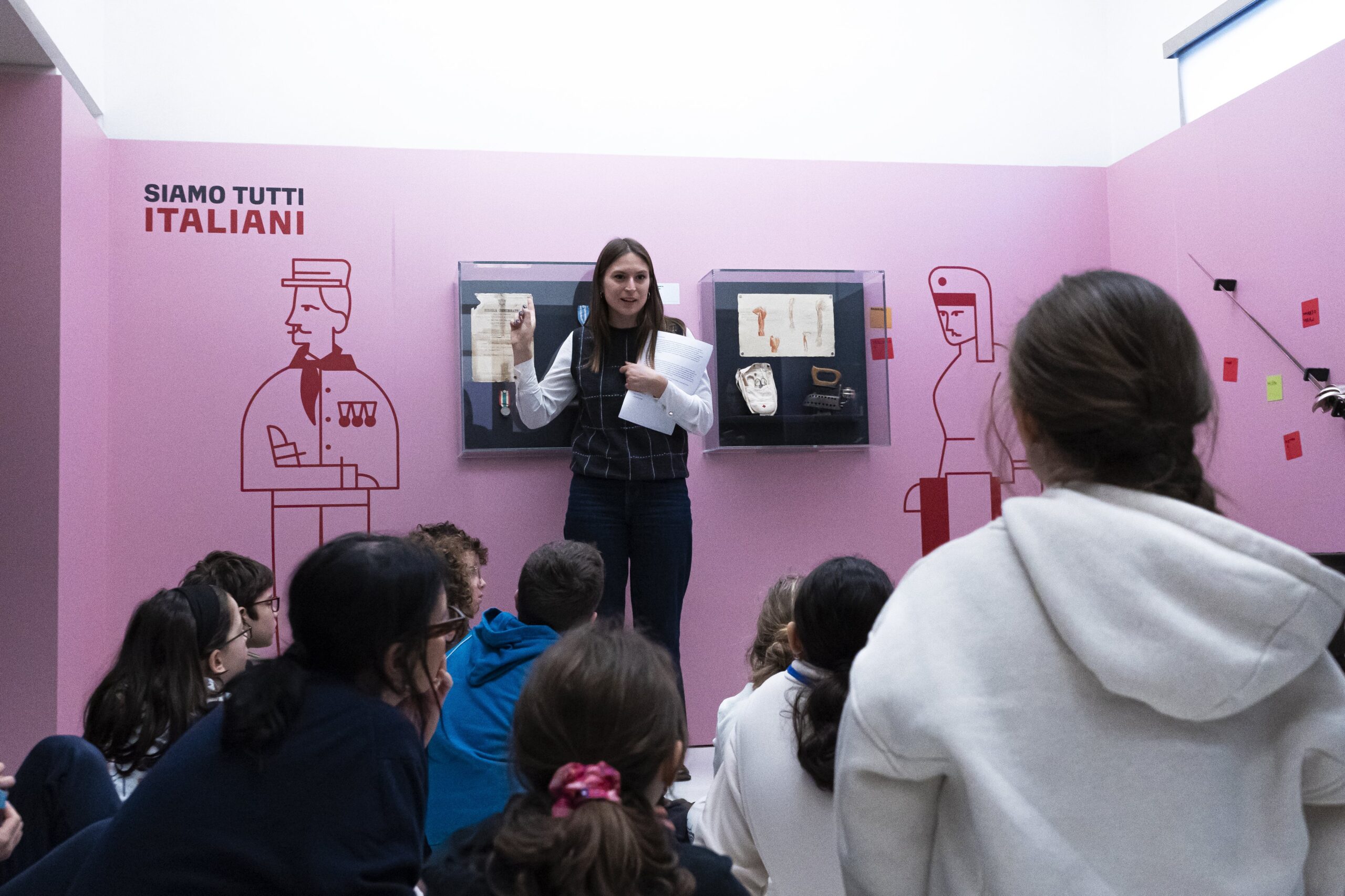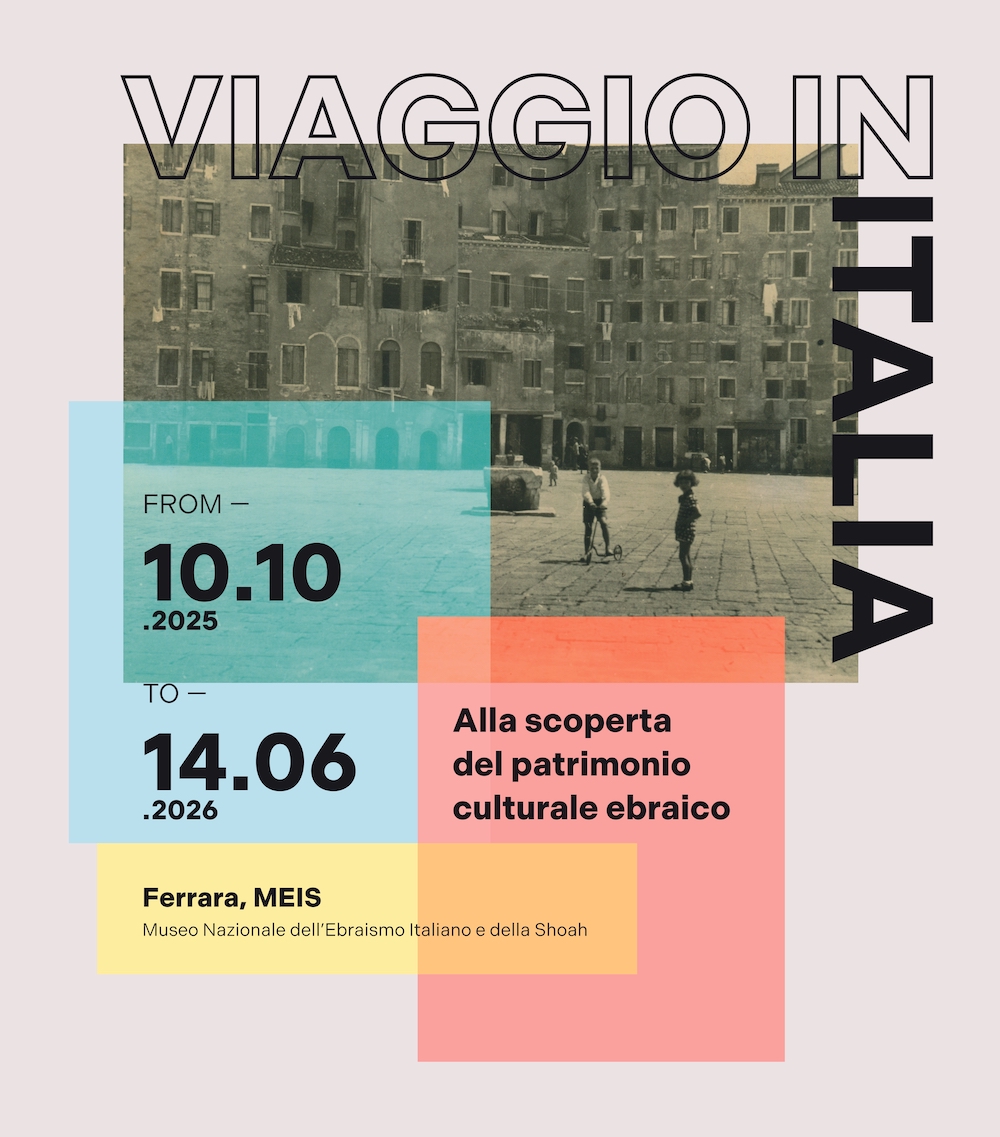
June 27-30, the seventh edition of the European Jewish Choir Festival in Ferrara

The seventh edition of the European Jewish Choir Festival will be hosted in Ferrara from Thursday, June 27 – Sunday, June 30, 2019. The Festival is organized by the Ha-Kol Choir of Rome and the European Association of Jewish Choirs (EUAJC), at the invitation of the MEIS and the ‘Claudio Abbado’ Municipal Theater.
For days, the Theater and the Museum in Via Piangipane 81 will welcome 240 musicians and choristers from five European countries. They will perform music from Jewish liturgy and everyday life, songs from both Sephardic and Ashkenazi traditions, along with contemporary arrangements and compositions.
Richard Di Castro, President of the Ha-Kol Choir, recalles that “the Festival was born a bit fortuitously in 2012 in London. After U.K., it was held in Vienna, Rome, London, St. Petersburg, Lviv and now Ferrara. Each city opened its arms to us, providing beautiful venues, from the London synagogue in Marble Arch to the Argentina Theatre in Rome and the Academic Glinka Capella in St. Petersburg. For amateur choirs, like those participating in the Festival, it is an honor to enter these sanctuaries of music”.
“Jews have always sung, played and composed music – underlines Di Castro –, even in the most tragic moments of their history. And this event offers an opportunity of cultural exchange between different musical traditions, for the groups involved to get to know each other, to understand and interact with the city that welcomes them”.
Music, in short, often serves as a bridge to dialogue. In 2014, for example, at the gala concert at the Parco della Musica in Rome, the Ukrainian group and the Russian group from St. Petersburg performed on the same stage, despite the ongoing conflict between their respective countries.
But that is not all. Music is also a factor that enlivens sites and cultures: “Last year the Festival was held in Lviv – closes Di Castro –, where close to 200,000 Jews had once lived. By the end of the war, after the Soviet liberation, only eight hundred Jews remained and just one synagogue, among many, was left. Yet, the Jewish tradition was still alive. Thanks to the Festival, fifty years later, that synagogue was once again filled with people and music, and the Ashkenazi rabbi, dressed his ceremonial robe, could not believe his own eyes. It was very moving”.
Equally touching is the story of the only non-choral group participating in the Festival (from the very outset): the Shtrudl-Band of Lviv. The members cannot afford much, so they travel by bus to each venue to perform their klezmer music.
In addition to this band, the Estense city will host the Ha-Kol Choir, the Wiener Judischer Chor, Les Polyphonies Hebraiques of Strasbourg, the Ensemble Choral Copernic of Paris and The Zemel Choir of London. The Accademia Corale ‘Vittore Veneziani’ of Ferrara will play host and also perform the gala concert on June 30th.
The idea of bringing the Festival to Ferrara, a city with an important Jewish heritage, was proposed to Dr. Di Castro in July 2017 by the Director of MEIS, Simonetta Della Seta: “On November 1st, I received an enthusiastic letter from the President of the EUAJC, Anthony Cohen, with whom Dr. Di Castro had shared my proposal. I spoke with colleagues Marino Pedroni and Dario Favretti, respectively Directors of the Municipal Theatre and Ferrara Musica, who immediately expressed great interest in planning the event for late June 2019. The proposal, now transformed into reality, enables us to welcome the arrival of summer to the tune of Jewish music”.
In addition to the fruitful collaboration with the Municipal Theatre, renewed through this Festival, Dr. Della Seta underscored how the next edition is scheduled for Jerusalem: “This baton is being passed on, sealing the ideal bond between Ferrara and one of the beating hearts of Judaism“.
Also contributing to the Ferrara leg of the Festival is the local Jewish Community. Its president, Fortunato Arbib remarks that “Jewish culture has a tradition of choral expression that goes back thousands of years. Just think of the song of liberation and joy that the Jews intoned after miraculously crossing the Red Sea, as recounted in the Book of Exodus. Or the songs that normally accompany religious rites. The spiritual affinity between Ferrara, music and Judaism is also witnessed by the fact that the city was the birthplace of Vittore Veneziani – Director of La Scala in Milan until the promulgation of the racial laws and later reinstated in that position by Arturo Toscanini after the war. There was also Fidelio Finzi – composer and Director of the Chorus of the Teatro Regio of Parma. He too was banned in 1938”.
The figure of Veneziani is also remembered by Dr. Favretti: “He was the greatest choral conductor of the first half of the 20th century and a great expert in Jewish music, harmonizing the spirituals of Israel while in exile in Roveredo, Switzerland. Indeed, it is also for this reason that I believe the participation of the Accademia Corale founded by him boosts the value of the Festival, making Ferrara its ideal location”.
Favretti also stresses that Ferrara owes “an enormous debt of gratitude to the local Jewish community and, in particular, to the late Renzo Bonfiglioli. In the ten years, between 1945 and 1955, when the Theater was closed, he acted as an institutional substitute, working with foresight and generosity, promoting seasons of concerts at the highest level and offering – literally, since he paid for it out of his own pocket – the best national and international music of the times. In a very difficult moment in history, Bonfiglioli was able to establish an organizational culture that is still a model for us today”.
Other news
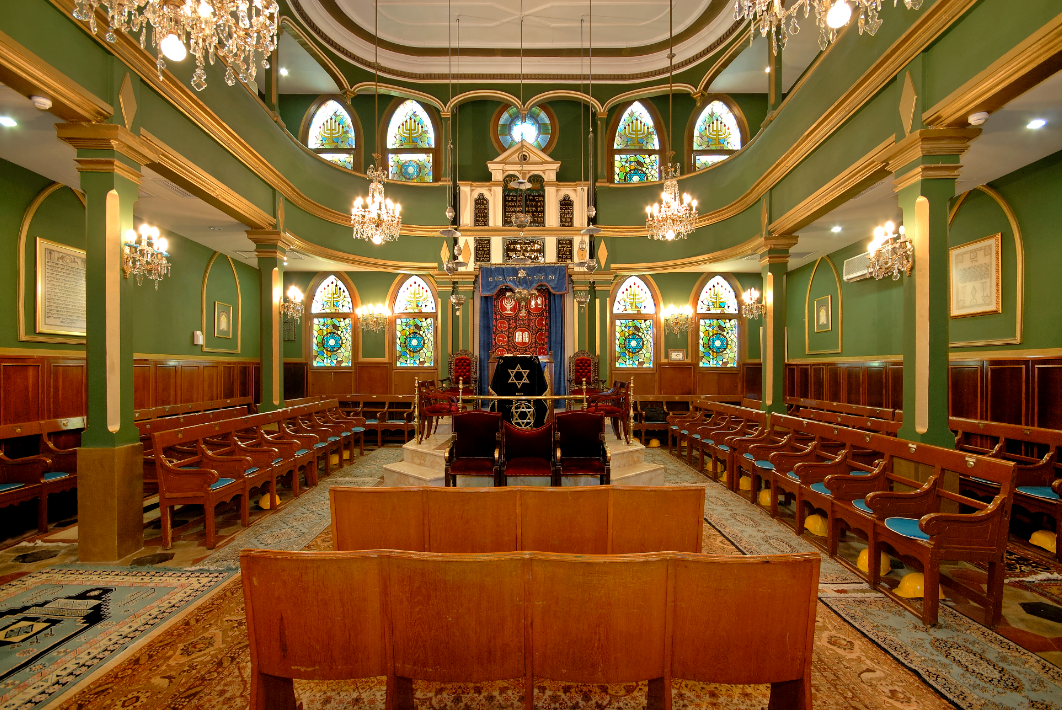
Online event – February, 12

Online event, Corresponding Art
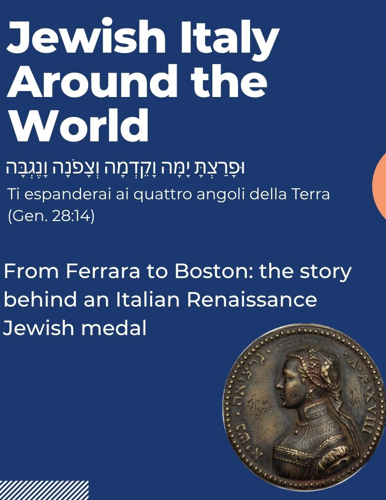
November 26, online event


